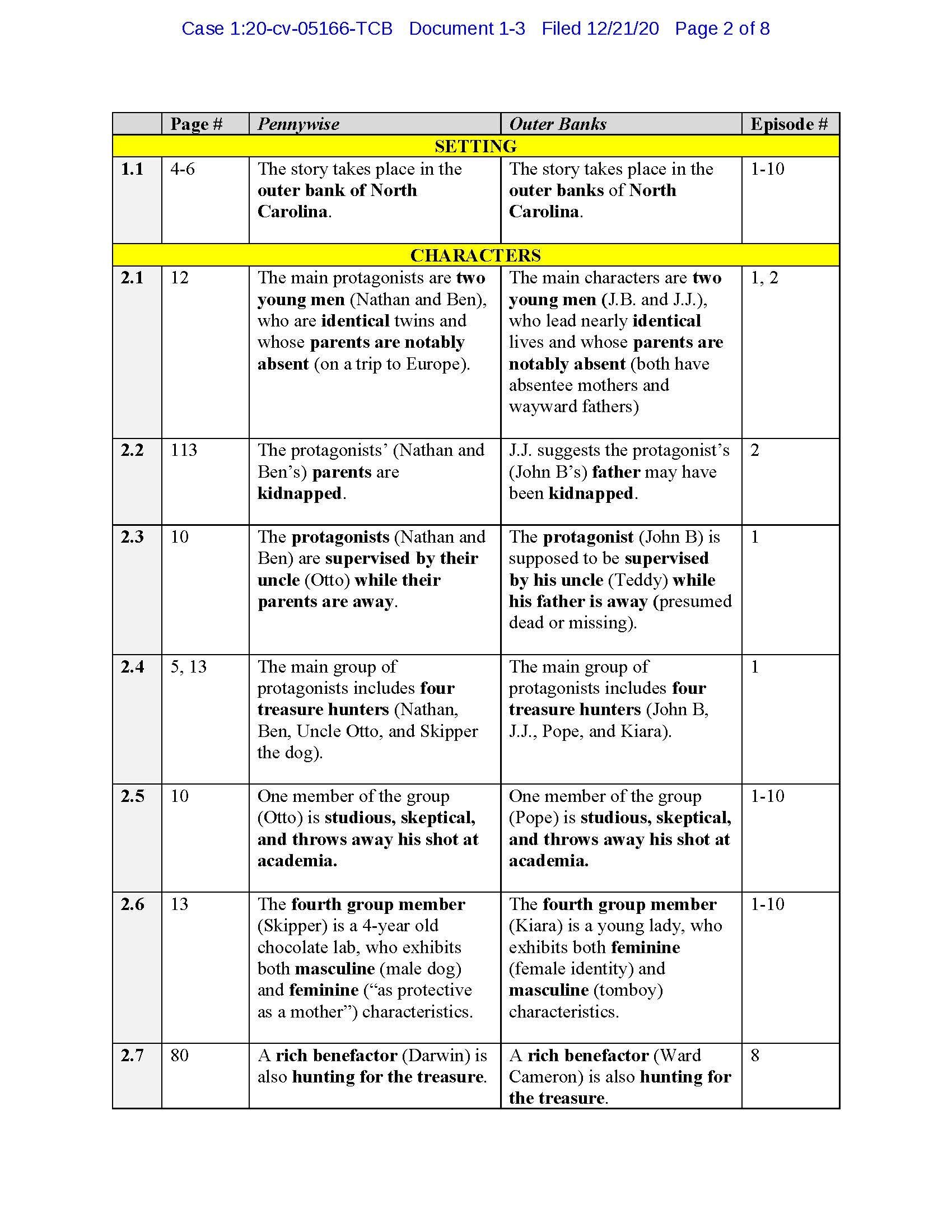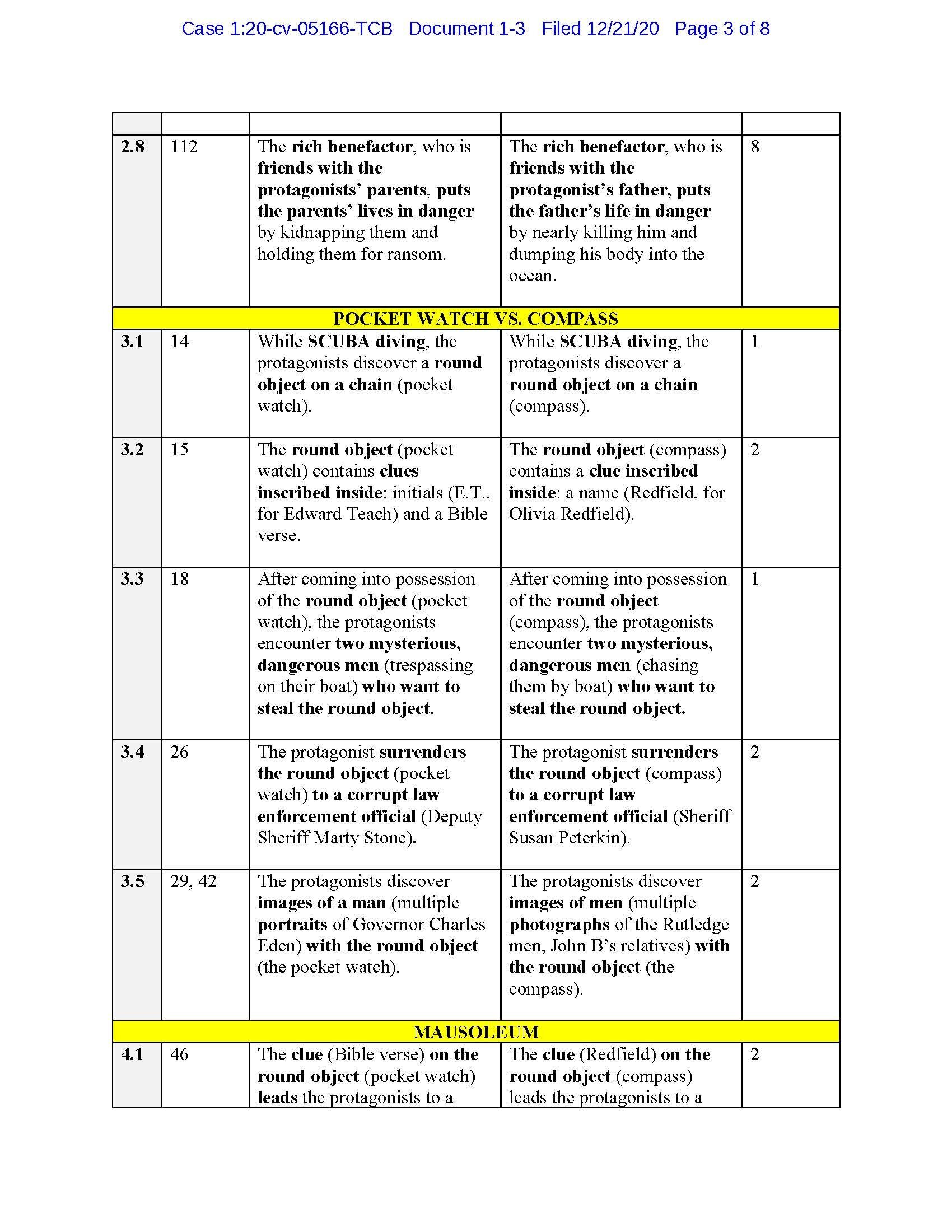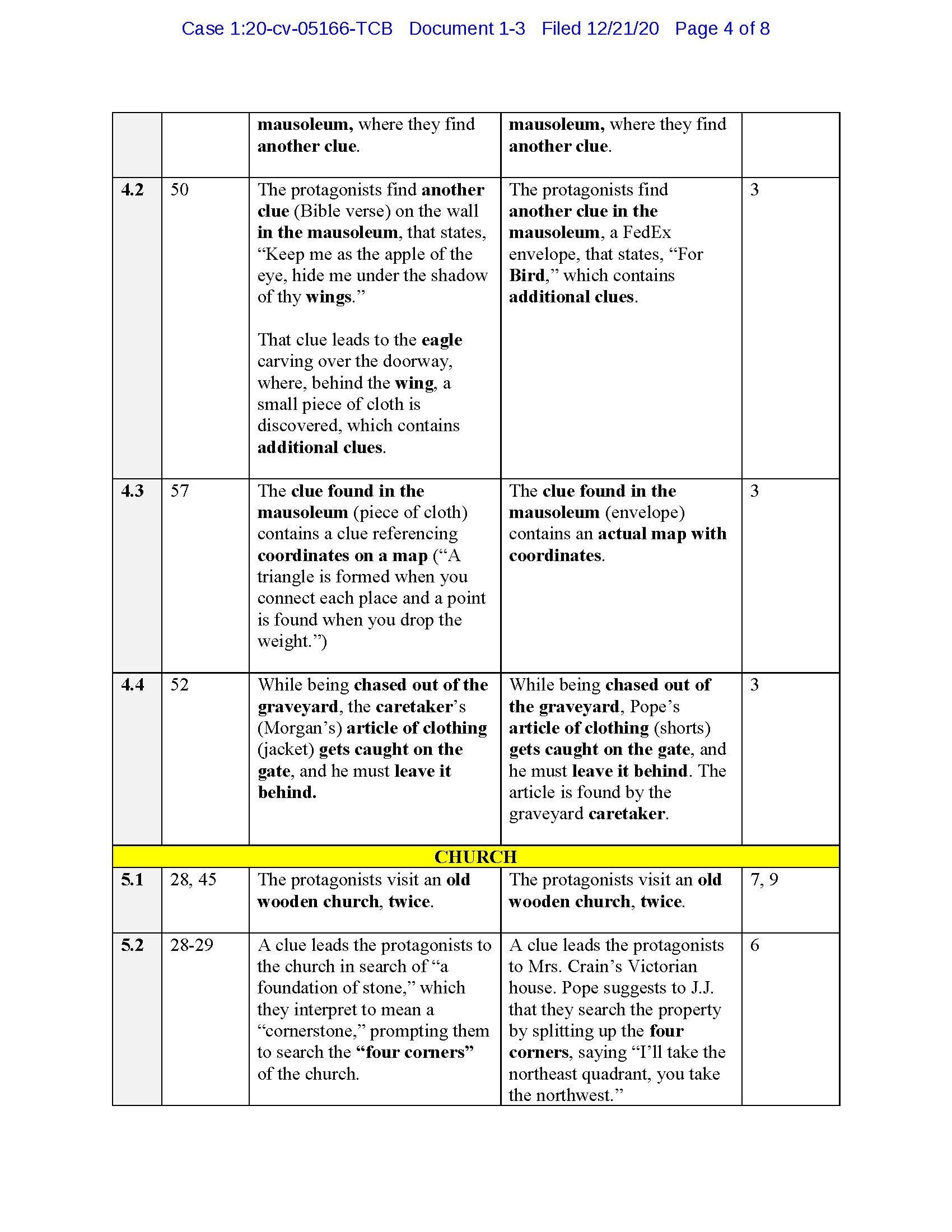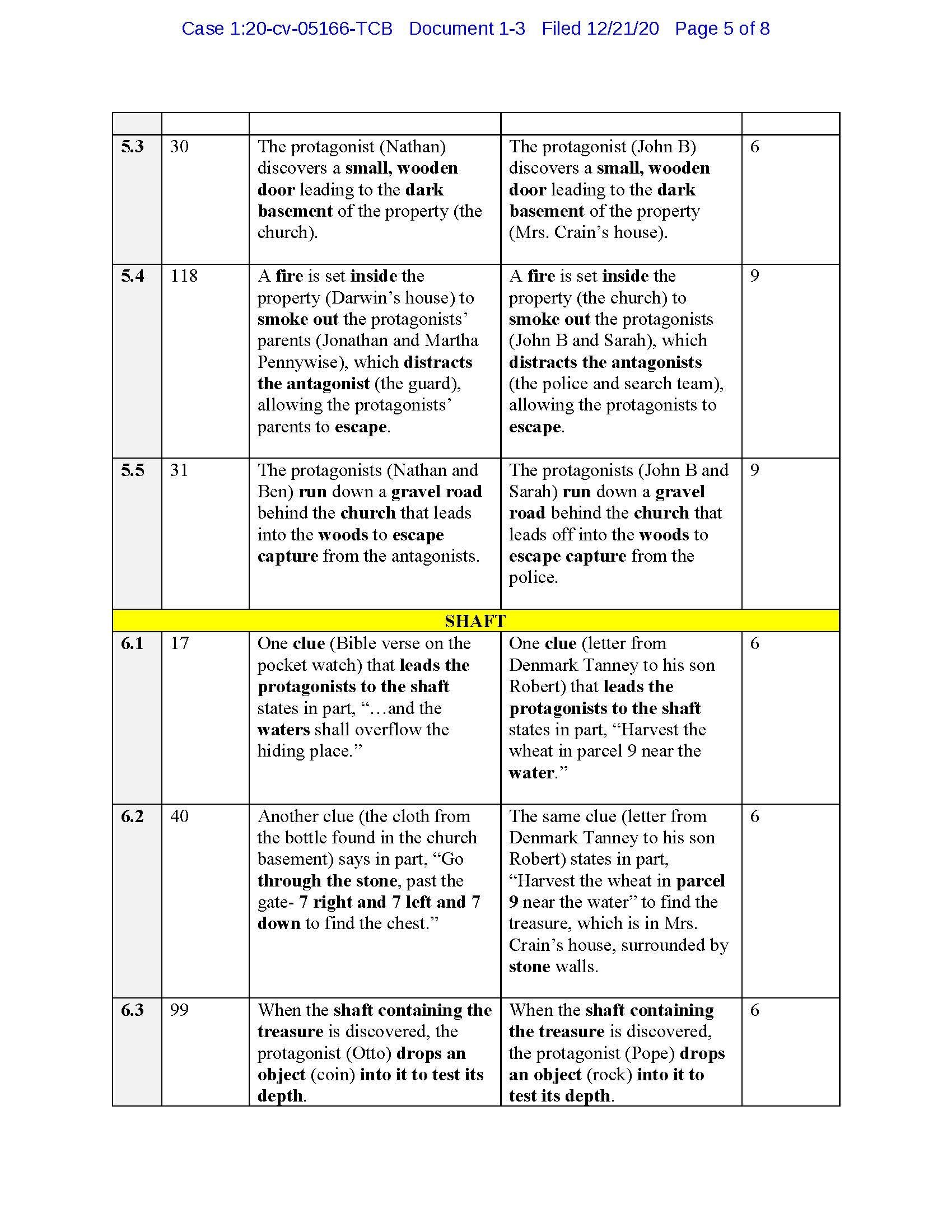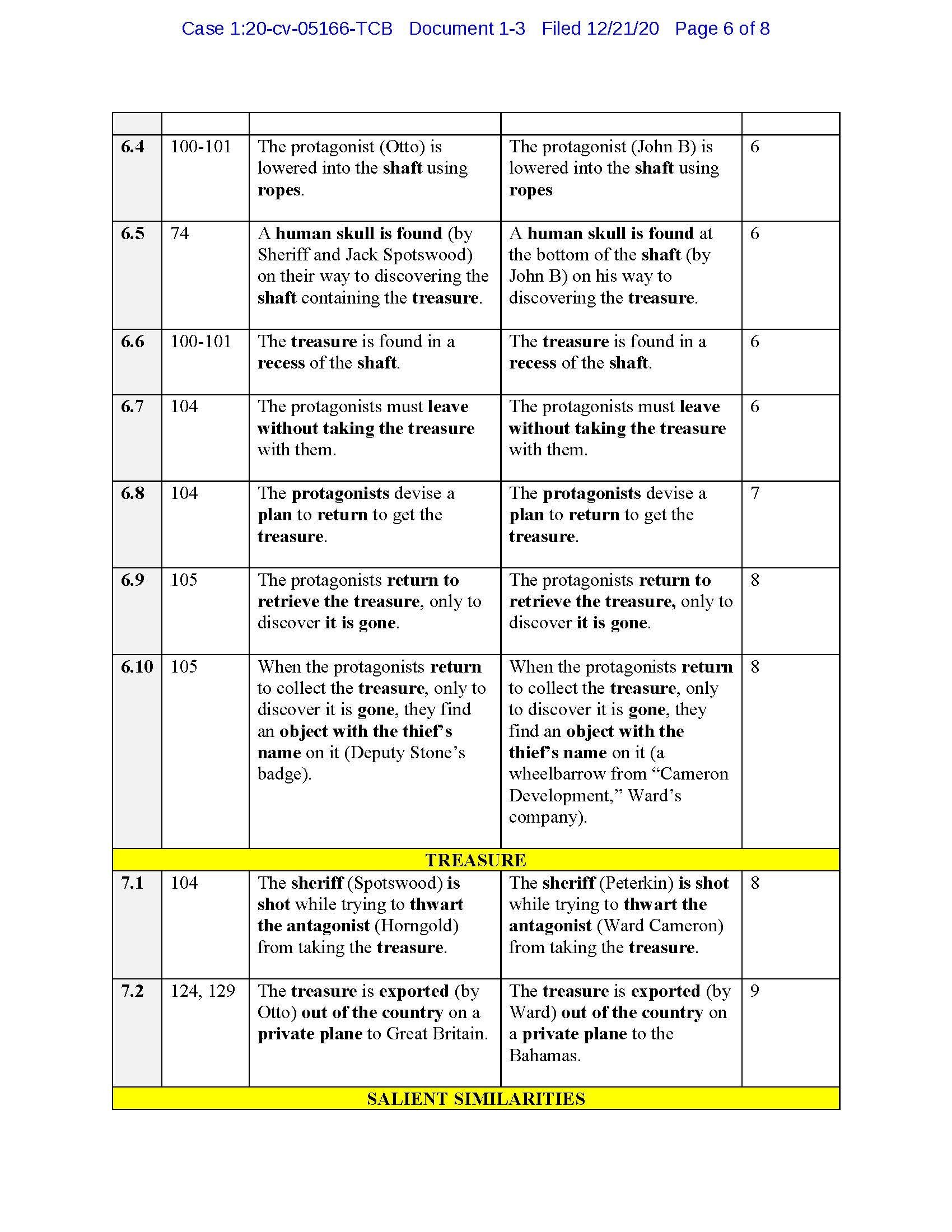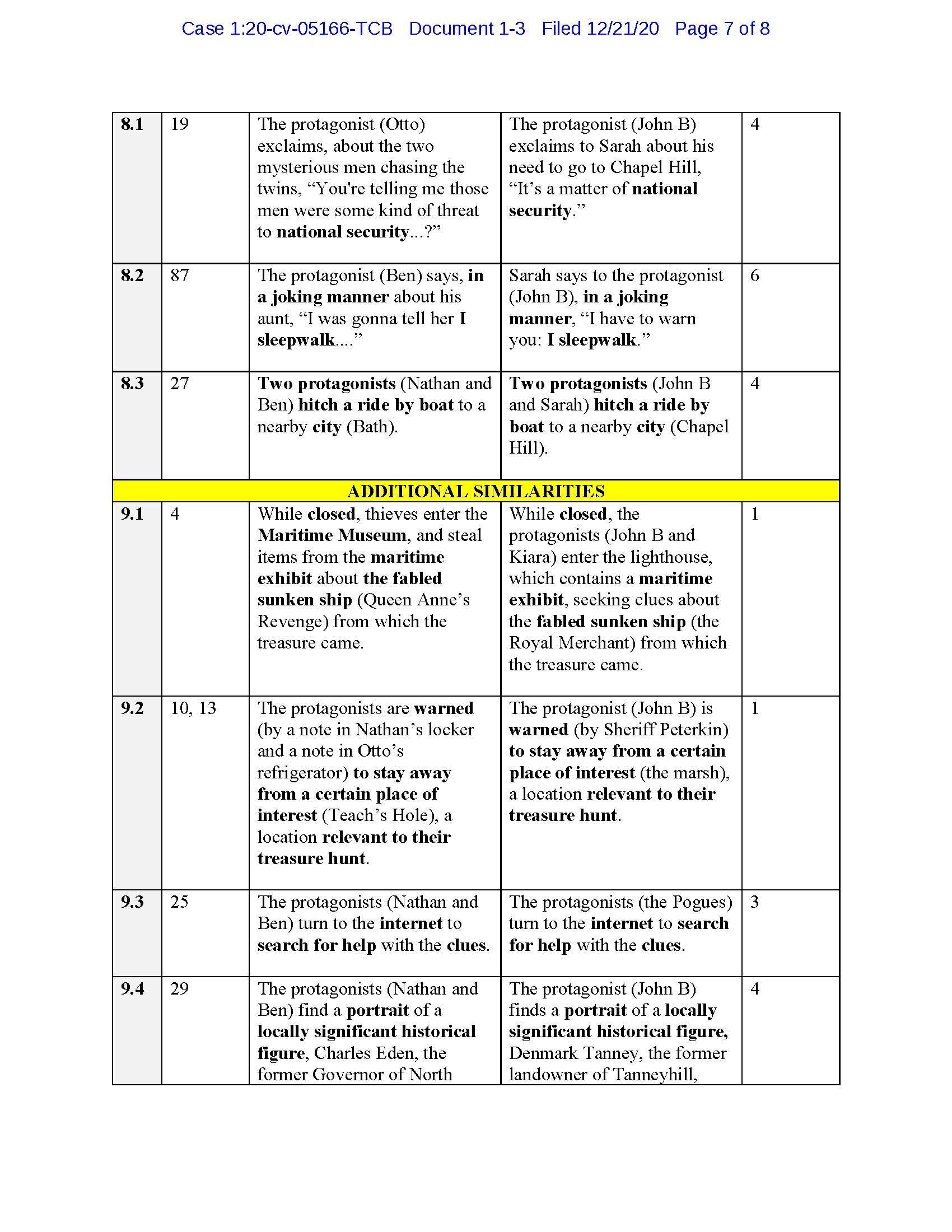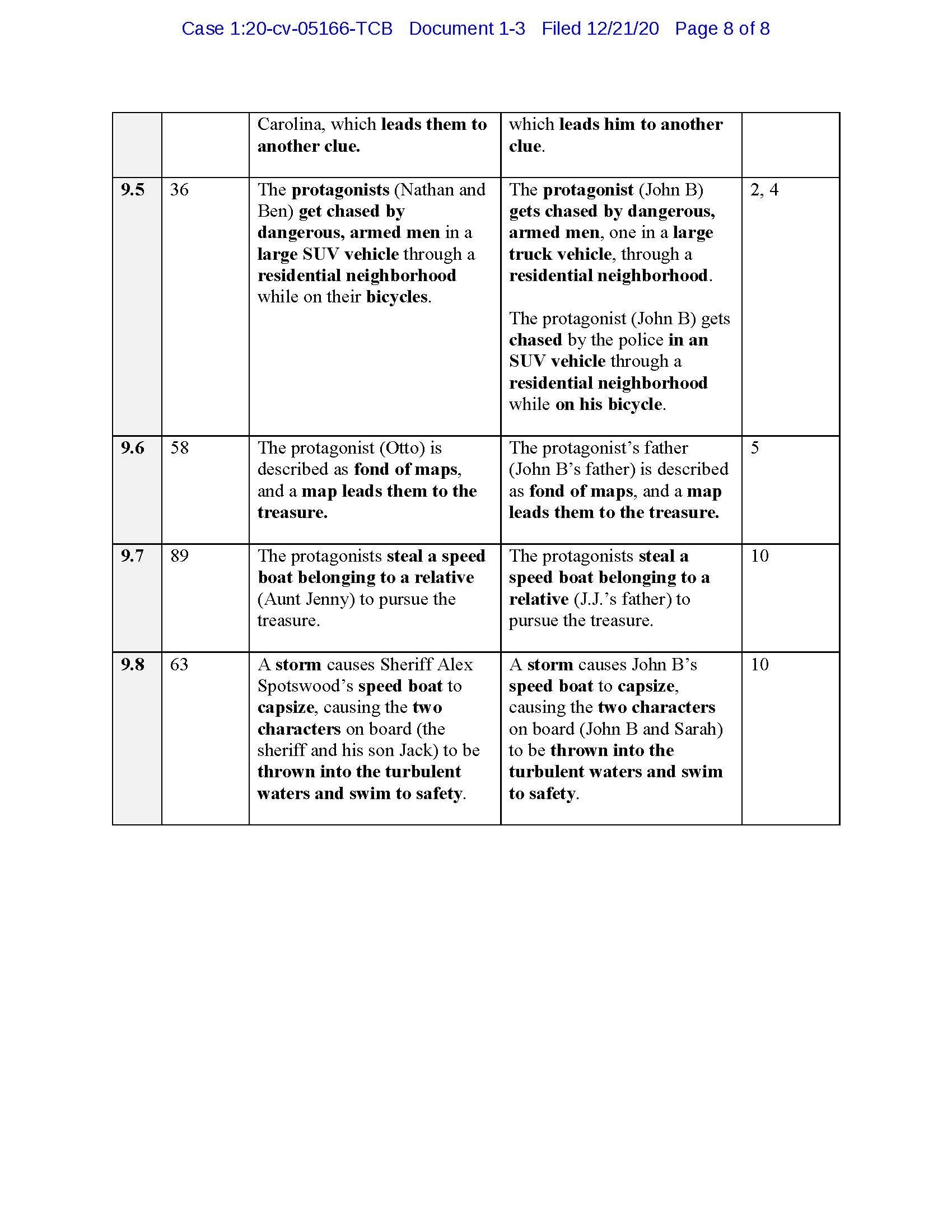On live the perils of pogue life: North Carolina author sued Netflix for copyright infringement over OBX series.
A North Carolina high school English teacher published a novel in 2016 set in the outer banks of North Carolina, where a group of brooding teenagers prevail against perilous odds to recover hidden treasure from a famous shipwreck. Four years later, Netflix released and distributed the first season of The Outer Banks, a show set in the outer banks of North Carolina, where a group of brooding teenagers prevail against perilous odds to recover hidden treasure from a famous shipwreck.
The show was an instant hit on the streaming platform. Now, the teacher wants credit. His name is Kevin Wooten, and he filed a complaint in the United States District Court for the Northern District of Georgia on 21 December 2020 alleging there exists “striking” and “overwhelming” similarities between the show and his novel, Pennywise: The Hunt for Blackbeard’s Treasure!
Wooten maps those parallels in the hereunder chart attached to his complaint as an exhibit.
Unsurprisingly, he did not chomp at the bit to take credit for the creation of a mystical waterway that links the coast of North Carolina to Chapel Hill. Notwithstanding that distinction, Wooten contends that the creators of the show willfully infringed on his registered copyright in violation of 17 U.S.C. § 501. Pursuant to that statute, he can establish a prima facie case of infringement by demonstrating that (1) he owns a valid copyright in the novel protecting his work; and (2) the creators of the show copied constituent elements of his protected work that are original. Feist Publ’ns, Inc. v. Rural Tel. Serv. Co., 499 U.S. 340 (1991).
He attached what he purports to be a true and accurate copy of the copyright registration for his novel to the complaint in a separate exhibit. That presumptively establishes the first element.
The second element is trickier. Direct evidence is rare because people generally pay in advance for permission to blatantly copy another’s work for commercial gain. However, circumstantial evidence may be used to show copying in the absence of direct evidence. Such circumstantial evidence includes: (1) proof of access to the infringed work; or (2) if no proof of access, then a striking similarity between the works. Rentmeester v. Nike, Inc., 883 F.3d 1111, 1116-17 (9th Cir. 2018) (holding that substantial similarity is established when there are similarities between the two works that one would not expect to arise if the two works had been created independently). Wooten alleges that the creators lived in Wilmington when he promoted the book to local audiences. It was also available online through various online retailers like Amazon. Since publication, readers purchased hundreds of electronic and printed copies of the book, according to the complaint. Meanwhile, the show’s creators acknowledged in an interview with Star News Online that inspiration for the series came from their time spent in Wilmington and exposure to third-party adventure novels. Wooten contends that such access, in combination with the indistinguishable core elements between the book and show, establishes circumstantial evidence of copying to satisfy the second element. He wants damages and credit on the platform for his creation, naming Netflix and the show’s creators as defendants in the action.
And so now begins a quest of his own: can Wooten channel the spirit of his characters to prevail against the streaming giant?

